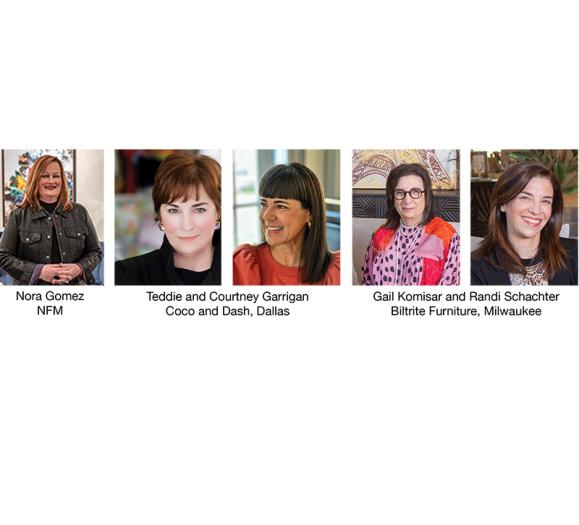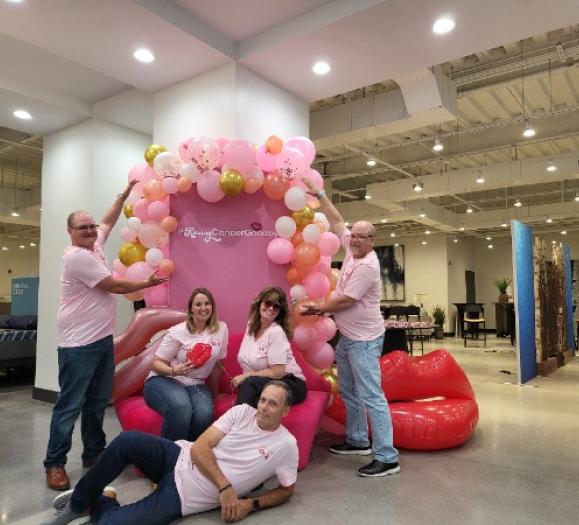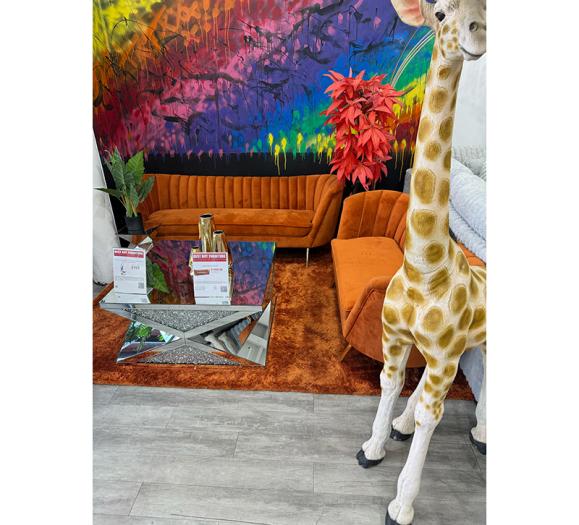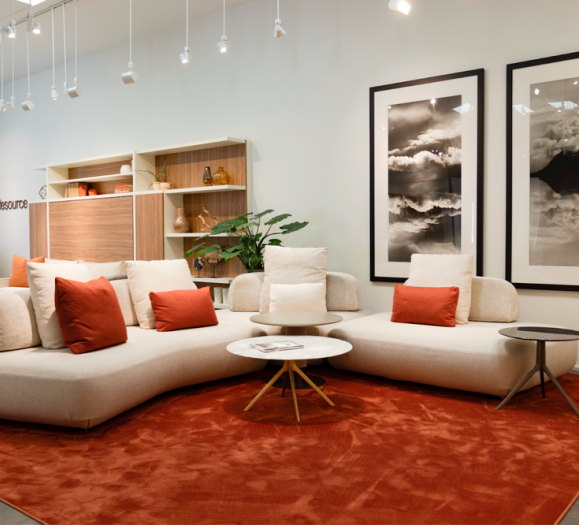Katherine Cullen, Director of Retail and Consumer Insights at the National Retail Federation, knew that, in general, Millennials love going to retail events — more than any other demographic. But as she worked on the latest Consumer View quarterly report, she didn’t expect that one gender in particular would be so passionate about in-person activities.
Cullen’s research found that 60 percent of Millennial men were very interested in special events and experiences compared with just 28 percent of Millennial women. The most popular types? Product demonstrations or tutorials like smart lighting demos or workshops and parties like craft beer nights or meet-and-greets with local (or national if you have a connection) celebrities.
Convinced? Here’s what you need to understand about Millennial males and how you can use events to court them.
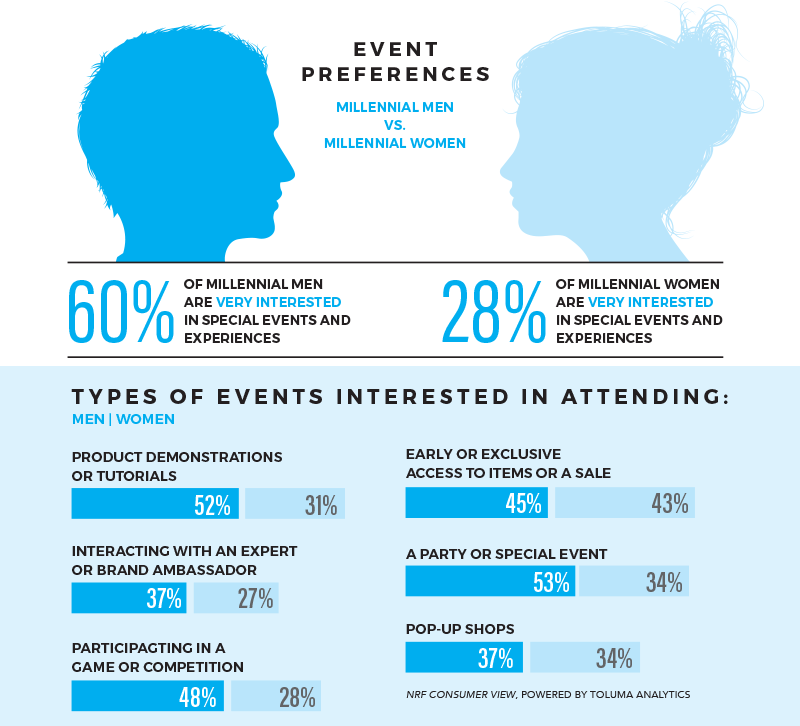
One demographic. Two different consumers.
Within the Millennial male demographic, two different types of consumers deserve recognition.
First, there’s the married Millennial man. He and his spouse (or serious partner) live together in either a purchased or rented space. Both members of the household contribute financially, and both are ready to settle down. As these Millennials are in their late 20s and early 30s, they are more financially stable and have moved past the entry-level salary. In some cases, they may have young children or be thinking about having children.
In the second category, there’s the bachelor Millennial man. Also in his late 20s or 30s, this consumer also has a higher salary and more disposable income. He may have bought a home and/or is planning to buy property. He is likely hosting friends, family members and dates at his home, and he’s looking for better quality in his furniture.
Using events to showcase products
Cullen says events offer services that the internet can’t match, like brand engagement and product testing. Showrooms with smart home products should host demonstrations with knowledgeable associates who will explain how to incorporate these products into the home while letting attendees try them out.
For parties or events, having a few masculine-leaning or gender-neutral products to lounge on will attract both types of Millennial male consumers without alienating their current or future partners. For example, Fine Furniture Design’s new Esquire Collection incorporates details from vintage British racecars into its designs, but its soft curves appeal to other buyers as well. At Gus* Modern, the new Archer sofa comes in leather, but has that Mid-Century design that appeals to both genders.
Targeting Millennial males for events could solve two problems at once. Showroom events will attract bachelor and married Millennial males who want to see new products and learn about how they work, and as a bonus, married Millennial males will likely bring their spouses with them.
“Millennials have grown up at a time where self-expression through fashion, art or design is much less constricted by notions of gender,” Gus* Modern co-founder Amanda Schuler explains, “and so gone are the days where interior style is strictly for women and man’s opinion is reserved to decisions about comfort. We’ve always believed that good design is good for everyone, regardless of gender.”




